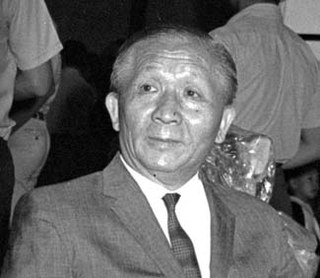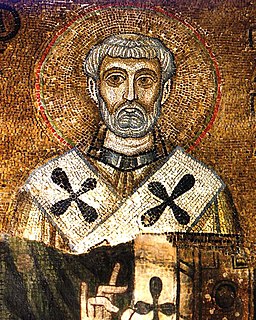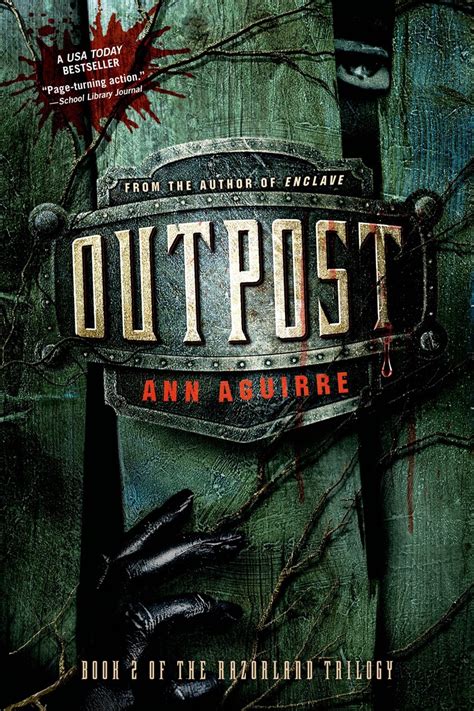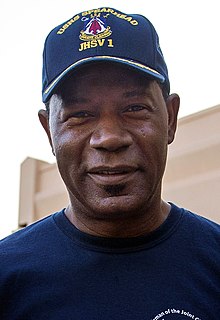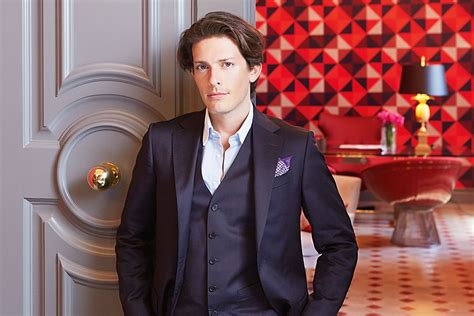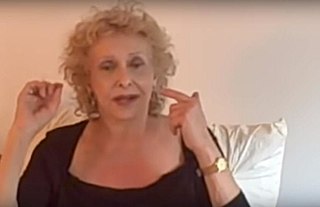A Quote by John Cho
I wanted to explore Korean-American characters. And 'Columbus' did address that. The father-son dynamic felt very real to me.
Related Quotes
The Son is called the Father; so the Son must be the Father. We must realize this fact. There are some who say that He is called the Father, but He is not really the Father. But how could He be called the Father and yet not be the Father?... In the place where no man can approach Him (I Tim. 6:16), God is the Father. When He comes forth to manifest Himself, He is the Son. So, a Son is given, yet His name is called 'The everlasting Father.' This very Son who has been given to us is the very Father.
Can anyone be a father without beginning to be one? Yes, one who did not begin his existence. What begins to exist begins to be a father - God the Father did not begin at all. He is Father in the true sense, because He is not a son as well. Just as the Son is son in the true sense, because He is not a father as well. In our case, the word 'father' cannot be truly appropriate, because we must be fathers and sons.
... if we say that the Father is the origin of the Son and greater than the Son, we do not suggest any precedence in time or superiority in nature of the Father over the Son (cf. Jn. 14:28)? or superiority in any other respect save causation. And we mean by this, that the Son is begotten of the Father and not the Father of the Son, and that the Father naturally is the cause of the Son.
With a book called 'Keeping Score,' I really did want to write a book about the Korean War, because I felt that it is the least understood war in the American cultural imagination. So I set out with the idea that Americans didn't know much about the Korean War and that I was going to try to fix a tiny bit of that.
It's really quite an interesting dynamic. I wanted to play to the truth of who Manute was in the first film, while it's also a prequel and the originator [of the story]. It was an interesting dynamic to work with, definitely. I haven't seen the film yet, but the way it felt when I was doing it, it felt like it worked.
I was lucky that I started very young, since I had a very clear idea of what I wanted to do. But my father is very conservative, and he never considered fashion to be a real career but something I could pursue as a hobby. He wanted me to be a doctor, and at one point, I thought of becoming a plastic surgeon.
The people from where I grew up have no appreciation for Paleolithic rocks or menstrual calendars. I'm a retriever of lost iconographies. But I had real training and have deep discipline, and I believe in it. Too much of the work I see today is just cultural junk. It's very superficial and has no rigor. It doesn't address the dynamic and real politics of an aesthetic structure.

